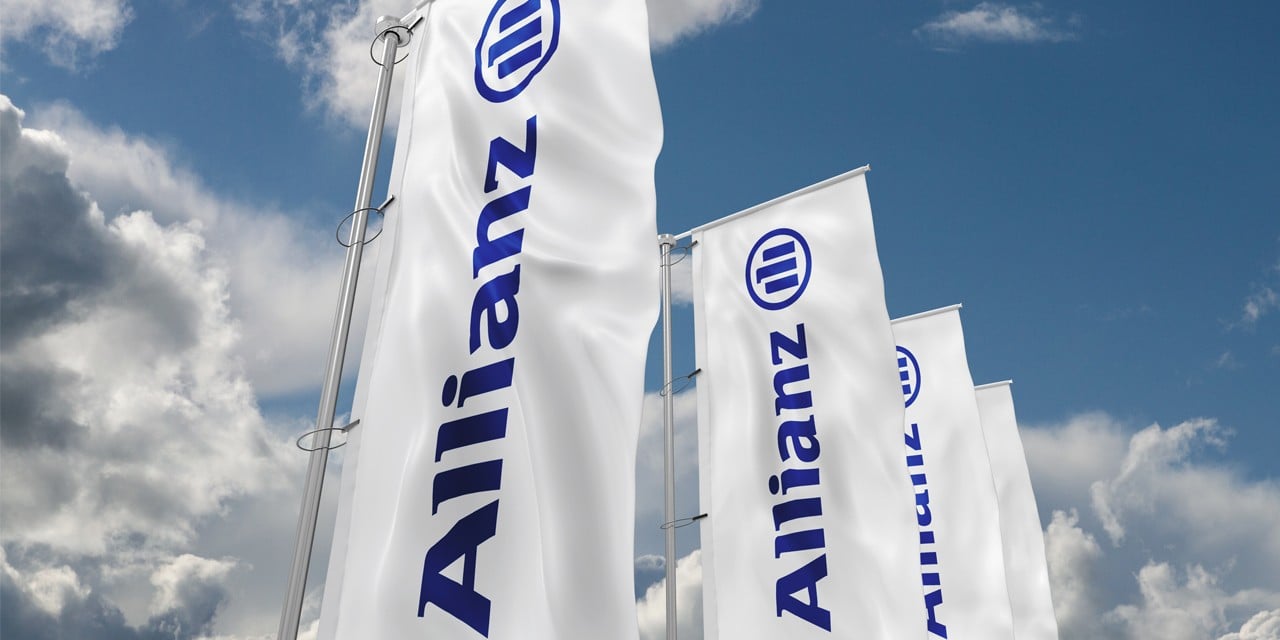This article is part of the Allianz Risk Barometer 2024
The increasing frequency and severity of extreme weather events, ranging from wildfires in Canada to flooding in India, Libya and Slovenia, and heatwaves in the US, southern Europe, and Asia, have ensured climate change remains a top fixture on corporate risk registers, particularly among large-size companies (>€500mn annual revenue), where it ranks as the fourth top risk overall, its highest-ever position. It is also the #1 risk in Brazil and Turkey and a top #3 risk in Greece, Italy, Mexico, and Slovenia.
The risk is threefold: physical, including loss or damage to assets and business interruption; transition-related, from moves towards a more sustainable economy and regulatory and stakeholder pressures; and liability-related, from climate litigation that could lead to reputational and financial damage.
Physical risks are the key threat (see chart), with extreme weather events believed to be costing the US economy alone almost $150bn a year [1]. The utility, energy and industrial sectors are most exposed. In 2023 wildfires in Canada cut oil and gas output equivalent to 3.7% of national production [2], while in manufacturing, water scarcity is a potential threat to production and supplies of critical goods and services.
“Although this year’s Allianz Risk Barometer results on climate change show that reputational, reporting and legal risks are regarded as lesser threats by businesses [ranking outside the top four concerns, see chart], many of these challenges are interlinked and we expect climate-related transition and liability risks to increase as companies invest in higher-risk, lower-carbon technologies, where bankability and insurability are a challenge,” says Denise De Bilio, ESG Director, Risk Consulting, Allianz Commercial. “Business will also face higher risk of greenwashing claims from stakeholder scrutiny.”
Allianz Risk Barometer 2024
Climate change: → Rank 7 (18%)
- 2023: 7 (17%)
- 2022: 6 (17%)
- 2021: 9 (13%)
- 2020: 7 (17%)
- 2019: 8 (13%)
- Brazil
- Turkey
On a more positive note, the Allianz Risk Barometer findings indicate businesses are focusing on net-zero commitments while building operational and financial resilience by climate-proofing their assets (see chart).
Gabrielle Durisch, Global Head of Sustainability Solutions at Allianz Commercial, says: “We see companies shifting to low-carbon business models, improving planning and response to climate events, and implementing physical measures to boost resilience. Some industries under regulatory scrutiny might focus on adapting to low-carbon business models and invest in clean technologies, while others might concentrate on mitigating physical loss or damage to assets and minimize supply-chain disruptions.”
Durisch adds: “Our research shows businesses are also seeking protection and financing mechanisms to address the growing climate insurance protection gap.”
Supply chain resilience is expected to become a key focus in 2024 as companies consider the impacts of climate events on production and work closely with suppliers to identify climate risks, and share sustainability commitments and contingency plans, such as site relocations or sourcing alternatives, De Bilio notes: “We know that socioeconomic factors, such as increasing urbanization in areas exposed to climate change, are a driver of nat cat insurance losses. With extreme weather events the new normal, companies need to invest in shoring up their supply chains. They need to focus on resilience such as flood protection and reinforcing infrastructure to reduce the vulnerability of assets, lower the risk of disruption, and increase insurability.”
Which impacts of climate change does your company / industry fear the most?
Which actions is your company taking to mitigate the direct impact of climate change?
References
[1] US Government, The Fifth National Climate Assessment, November 2023
[2] Reuters, Some Canadian oil and gas producers re-curtail output as wildfires persist, May 17, 2023
Picture: Adobe Stock
















